All Formats & Editions
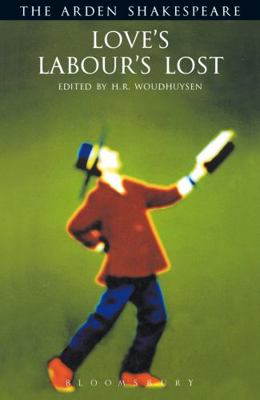
Love's Labour's Lost: Third Series

[andquot;Love's Labours Lostandquot; (Arden Sha...
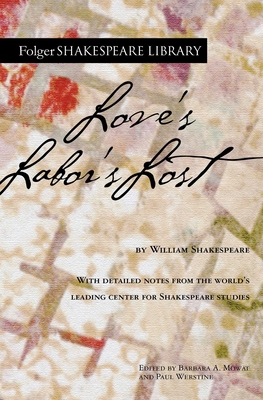
Love's Labor's Lost
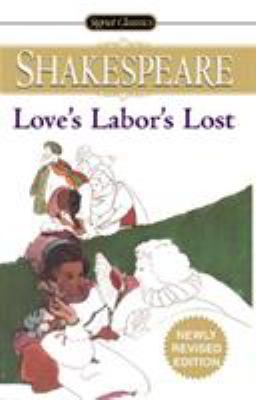
Love's Labor's Lost
Known as a "feast of language," this is one of the bard's earliest comedies, in which four bachelors who have dedicated themselves to chastity and scholarly pursuits soon encounter the women of their dreams.
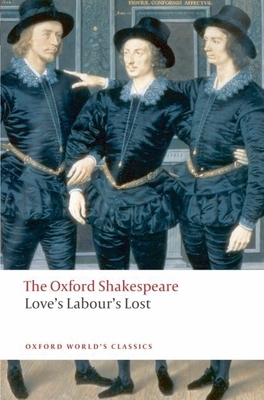
Love's Labour's Lost
Love's Labour's Lost , now recognized as one of the most delightful and stageworthy of Shakespeare's comedies, came into its own both on the stage and in critical esteem only during the 1930s and 1940s--after nearly three hundred years of neglect by the theater and misuse by...
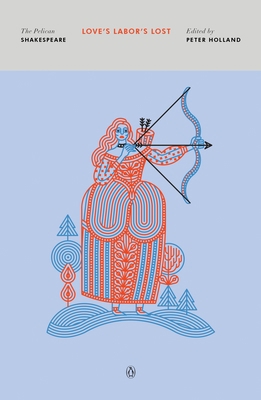
Love's Labor's Lost
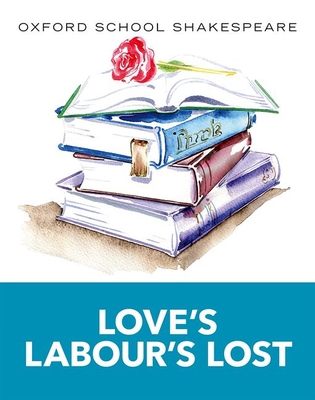
Oxford School Shakespeare: Love's Labour's Lost

Love's Labour's Lost: The Oxford Shakespeare
Love's Labour's Lost, now recognized as one of the most delightful and stageworthy of Shakespeare's comedies, came into its own both on the stage and in critical esteem only during the 1930s and 1940s--after nearly three hundred years of neglect by the theater and misuse by critics...

Love's Labor's Lost
At first glance, Shakespeare's early comedy Love's Labor's Lost simply entertains and amuses. Four young men (one of them a king) withdraw from the world for three years, taking an oath that they will have nothing to do with women. The King of Navarre soon learns,...
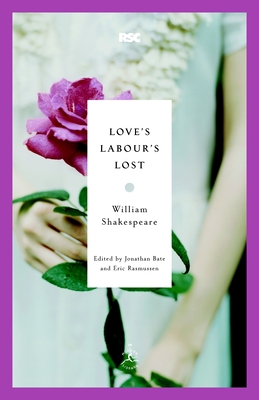
Love's Labour's Lost
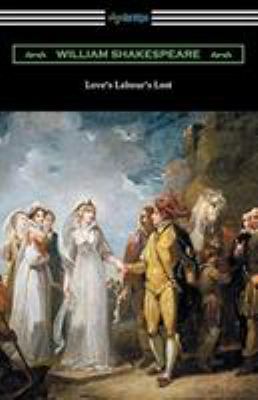
Love's Labour's Lost: (Annotated by Henry N. Hu...
One of Shakespeare's early comedies and most ornately intellectual plays, "Love's Labour's Lost" is a mental adventure in hilarity and wit. First published in 1598, the play is filled with lexical puns, literary allusions, and shifting poetic forms, a rich example of the Bard's...

Love's Labors Lost
Widely regarded as the greatest play right in the English language William Shakespeare wrote 38 plays and 154 sonnets. With works such as Romeo and Juliet, Hamlet, A Mid Summer's Night Dream and The Taming of the Shrew his work has made a lasting impression on western culture...
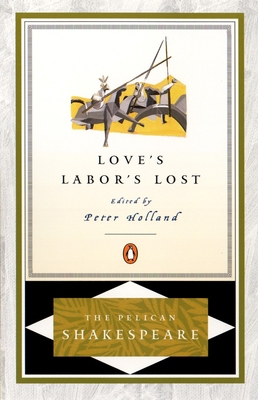
Love's Labor's Lost
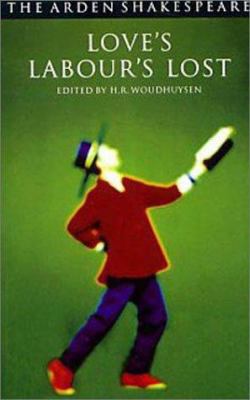
Love's Labour's Lost

Love's Labour's Lost. The Yale Shakespeare.
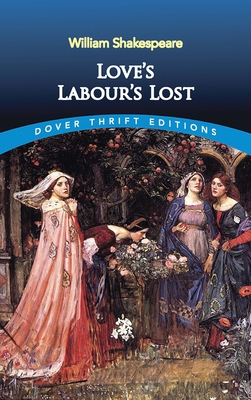
Love's Labour's Lost
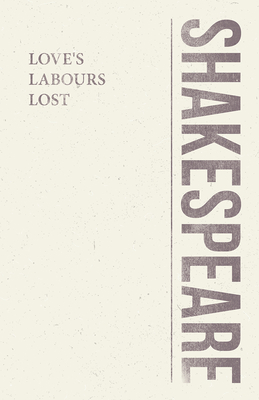
Love's Labours Lost
Read & Co. Classics presents this new beautiful edition of William Shakespeare's comedy, "Love's Labour's Lost". Featuring a specially commissioned new biography of William Shakespeare, it is a must for Shakespeare enthusiasts and newcomers alike. "Love's Labour's Lost", revolves...
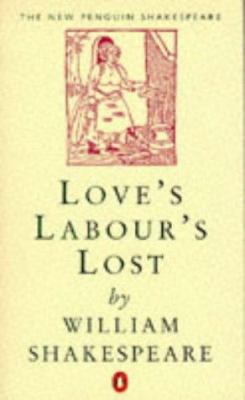
Love's Labour's Lost (Penguin)
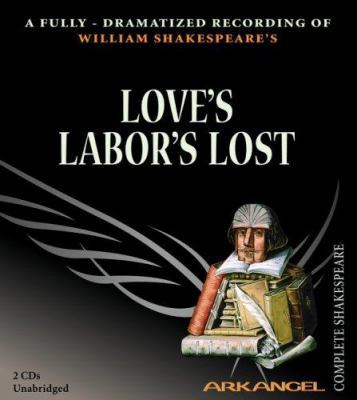
Love's Labor's Lost
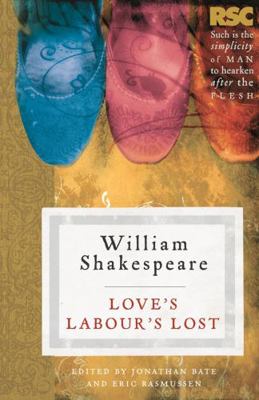
Love's Labour's Lost
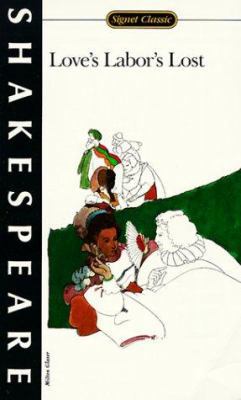
Love's Labor's Lost: 5
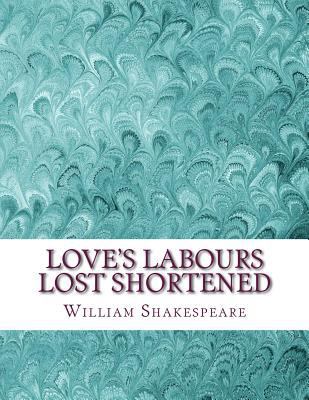
Love's Labours Lost Shortened: Shakespeare Edit...

Loves Labours Lost
'With the publication of Woudhuysen's Arden 3 edition, the magisterial study of the play that will energise a new generation of readers and directors has now arrived.'Eric Rasmussen, University of Nevada at Reno, Shakespeare Survey
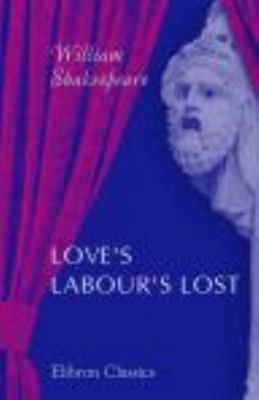
Love's Labour's Lost




